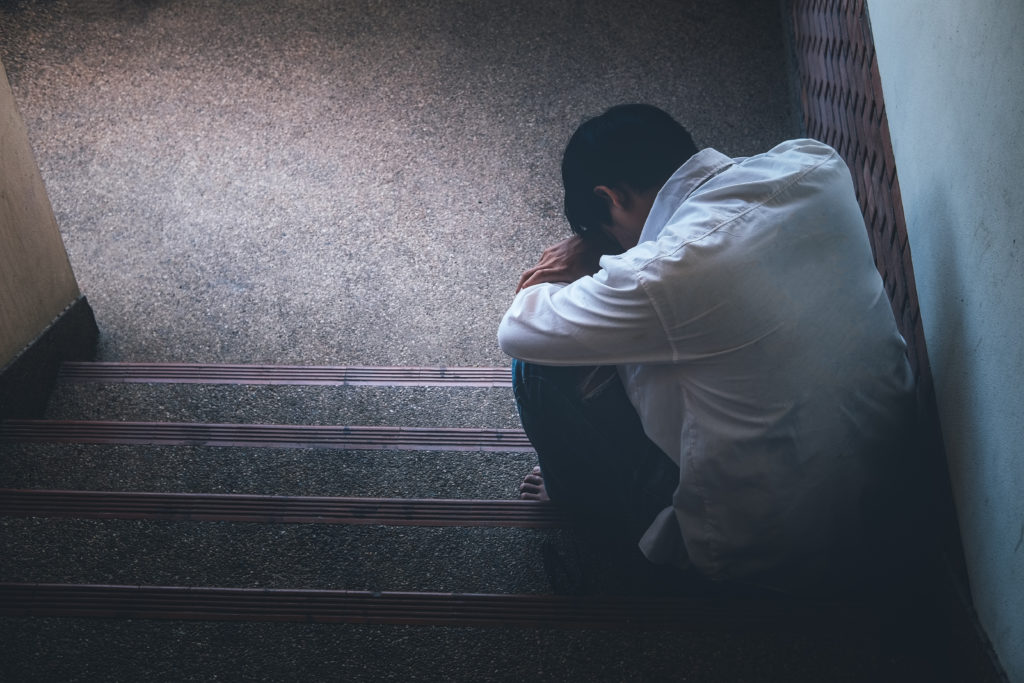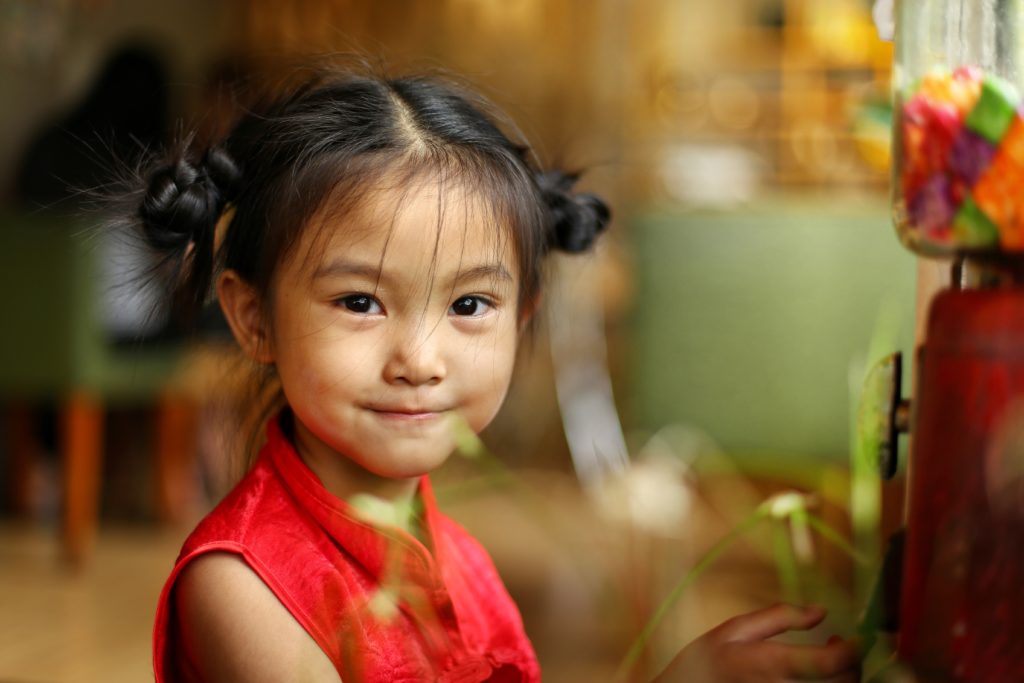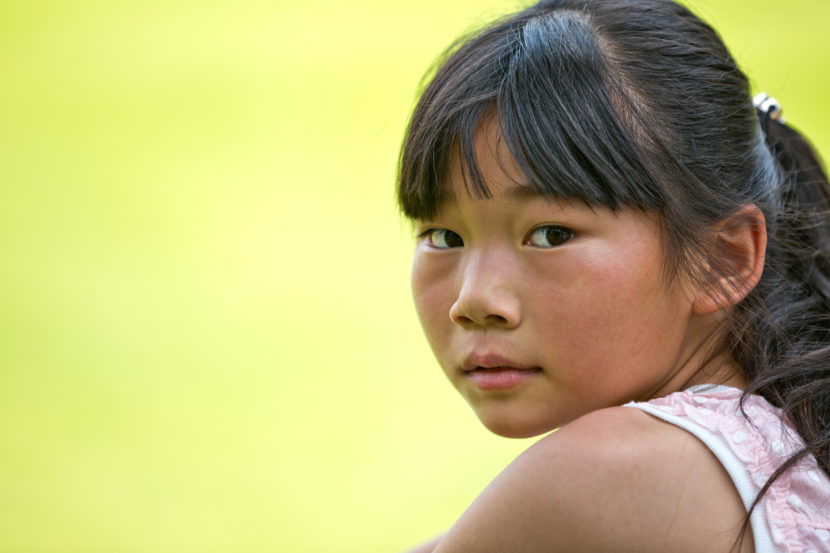In China, a significant number of parents are incarcerated due to criminal activities, leaving their children marginalized within communities, often without adequate care. This absence of parental responsibility oversight by the government leaves these children vulnerable. However, for these children to experience positive change, it is crucial to provide support and facilitate communication with their parents.
Child welfare amid China’s prisoner population
The children of the country’s vast prisoner population face a troubling predicament. With no clear legal provision for their care, these children often find themselves without support. While some are taken in by relatives, many are left neglected or even rejected outright. As a result, most of these youngsters live in poverty, lacking adequate care and protection, and facing social stigma due to their parents’ circumstances (Fan, 2006).
A limited group of children benefit from the care provided by Chinese NGOs, which are typically managed by altruistic individuals in the community. However, according to statistics from the Ministry of Justice, prisoners in China have approximately 600,000 children below the age of 18. Sadly, nationwide, there are no more than nine or ten of these establishments, collectively accommodating roughly 1,000 children. (Fan, 2006).
Support for vulnerable children
According to a 2016 Ministry of Justice report, approximately 70% of children with incarcerated parents ended up committing offenses, with 82% dropping out of school following their parents’ imprisonment. However, despite this alarming trend, there is no legal provision for their care (Yin, 2019).
Amidst the absence of parental care and stability, children whose parents face death sentences or long prison terms have no other option but to seek refuge in shelters nationwide. There, they receive vital support, including guidance in life skills and emotional nurturing, to help them navigate their challenging circumstances (Al Jazeera, 2018).
Currently, only a small fraction of NGOs operate sustainably, relying heavily on secondhand or donated resources. These organizations resort to innovative methods, such as agricultural ventures, to generate income for funding operational expenses, including the educational and medical needs of the children under their care (Yin, 2019).
These children must learn to navigate life without parental guidance and prepare for societal challenges, such as overcoming stigma and prejudice. This underscores the importance of creating more shelters to equip these youngsters with the skills and resilience needed for their future (Det Danske Filminstitut, 2015).

Emotional and psychological challenges
The children undergo a distressing journey marked by profound feelings of abandonment and helplessness. Witnessing their parents being taken away before their eyes leaves a lasting impact, as they grapple with the uncertainty of whether their parents still care for them. Ultimately, they endure the emotional consequences of decisions made by adults, left to deal with circumstances beyond their control (The Administration for Children & Families, 2013).
Childhood is a crucial period in shaping psychological development, emphasizing the significance of promoting positive behavior among children. Such behavior forms the basis for sound mental health and healthy relationships, impacting their capacity to adjust. Hence, society should endorse this aspect of children’s growth, with family settings serving as pivotal factors in their overall welfare (Guo et al., 2022).
These children are also more prone to criminal behavior, as the lack of parental guidance leaves them vulnerable to negative influences. Recognizing the profound impact of family relationships on children’s well-being, social workers, childcare experts, and NGOs have been aiming to restore bonds between children and their imprisoned parents (Dong, 2016).
Legal and systemic interventions
However, in China, the official prison mail policy is considerably more stringent compared to that of, for example, the United States. Visitation frequency often depends more on the discretion of custody staff rather than established laws. While regular Chinese prisoners deemed non-threatening to the state may receive letters and visits regularly, the process is subject to varying degrees of discretion and control (Dui Hua, n.d.).
That is why Chinese organizations are focusing on systematic interventions, such as encouraging children to visit their parents in prison face-to-face to rebuild these fractured relationships. By facilitating regular communication, these efforts strive to fulfill parental responsibilities and prevent children from straying down the wrong path (Dong, 2016).
Building brighter futures
Efforts to support children affected by parental incarceration in China require collaboration between government and non-governmental organizations to ensure their well-being. This urgency highlights the need to improve child welfare policies, expand charitable organizations, establish residential care programs, and develop comprehensive support systems tailored to their needs (Xia & Lam, 2020).
Moreover, social workers need to understand the perceptions and knowledge of mental health within the Southeast Asian community to empower them to utilize available services. However, there is a reluctance within the Southeast Asian population to discuss parental incarceration openly, leading to increased mental health challenges. Addressing this requires proactive identification of children in need within the community (Vang, 2021).
After ratifying the Convention on the Rights of the Child, a globally acclaimed human rights treaty, in 1992, China now marks over 30 years since committing to protecting and promoting the rights of its children. While notable achievements like lowering child mortality rates, implementing compulsory education, and eliminating illiteracy are commendable, there’s still progress to be made (UNICEF, 2012). Children with incarcerated parents deserve equal access to equal, high-quality care and support.

At Humanium, we advocate for every child’s right to a carefree childhood, providing them with essential tools during their formative years to thrive in the future. If you share our vision and wish to contribute, you can support us through donations, volunteering, or becoming a member. Together, we can make a lasting difference in the lives of children worldwide.
Written by Lidija Misic
Bibliography:
Al Jazeera (2018), China’s Prison Orphans. Retrieved from Al Jazeera at https://www.aljazeera.com/program/101-east/2018/2/1/chinas-prison-orphans, accessed on May 12, 2024.
Det Danske Filminstitut (2015), Life in a Chinese Orphanage. Retrieved from Det Danske Filminstitut at https://www.dfi.dk/en/english/life-chinese-orphanage, accessed on May 12, 2024.
Dui Hua (n.d.), Dialogue – Issue 32: Communication and Visitation Rights for US, Chinese Inmates. Retrieved from Dui Hua at https://duihua.org/dialogue-issue-32-communication-and-visitation-rights-for-us-chinese-inmates/, accessed on May 12, 2024.
Dong Liu (2016), Beijing NGO tries to help inmates’ children ignored by social security system. Retrieved from Global Times at https://www.globaltimes.cn/content/993325.shtml, accessed on May 12, 2024.
Fan Maureen (2006), In China, Children of Inmates Face Hard Time Themselves. Retrieved from Washington Post at https://www.washingtonpost.com/archive/politics/2006/10/13/in-china-children-of-inmates-face-hard-time-themselves/3cd4d348-75e1-4a47-a3a3-98459c4547d4/, accessed on May 12, 2024.
Guo et al. (2022), Influence of parental imprisonment on children’s prosocial behavior: The mediating role of family environment. Retrieved from ScienceDirect at https://www.sciencedirect.com/science/article/abs/pii/S0190740922000299, accessed on May 12, 2024.
The Administration for Children & Families (2013), Improving the Future for Children of Incarcerated Parents. Retrieved from The Administration for Children & Families at https://www.acf.hhs.gov/archive/blog/2013/06/improving-future-children-incarcerated-parents, accessed on May 12, 2024.
UNICEF (2012), China marks 20th Anniversary of its ratification of the Convention on the Rights of the Child. Retrieved from UNICEF at https://www.unicef.cn/en/press-releases/china-marks-20th-anniversary-its-ratification-convention-rights-child, accessed on May 12, 2024.
Vang Noknark (2021), The effects of parental incarceration on Southeast Asian offspring. Retrieved from The California State University at https://scholarworks.calstate.edu/downloads/xk81jr42w?locale=pt-BR, accessed on May 12, 2024.
Xia Lily & Lam Man Ching (2020), Where is home? The lived experiences of Chinese children after their parents have been incarcerated. Retrieved from ResearchGate at https://www.researchgate.net/publication/328296297_Where_is_home_The_lived_experiences_of_Chinese_children_after_their_parents_have_been_incarcerated, accessed on May 12, 2024.
Yin Cao (2019), Signs of progress for prisoners’ children. Retrieved from China Daily at https://www.chinadaily.com.cn/global/2019-02/20/content_37438522.htm, accessed on May 12, 2024.


